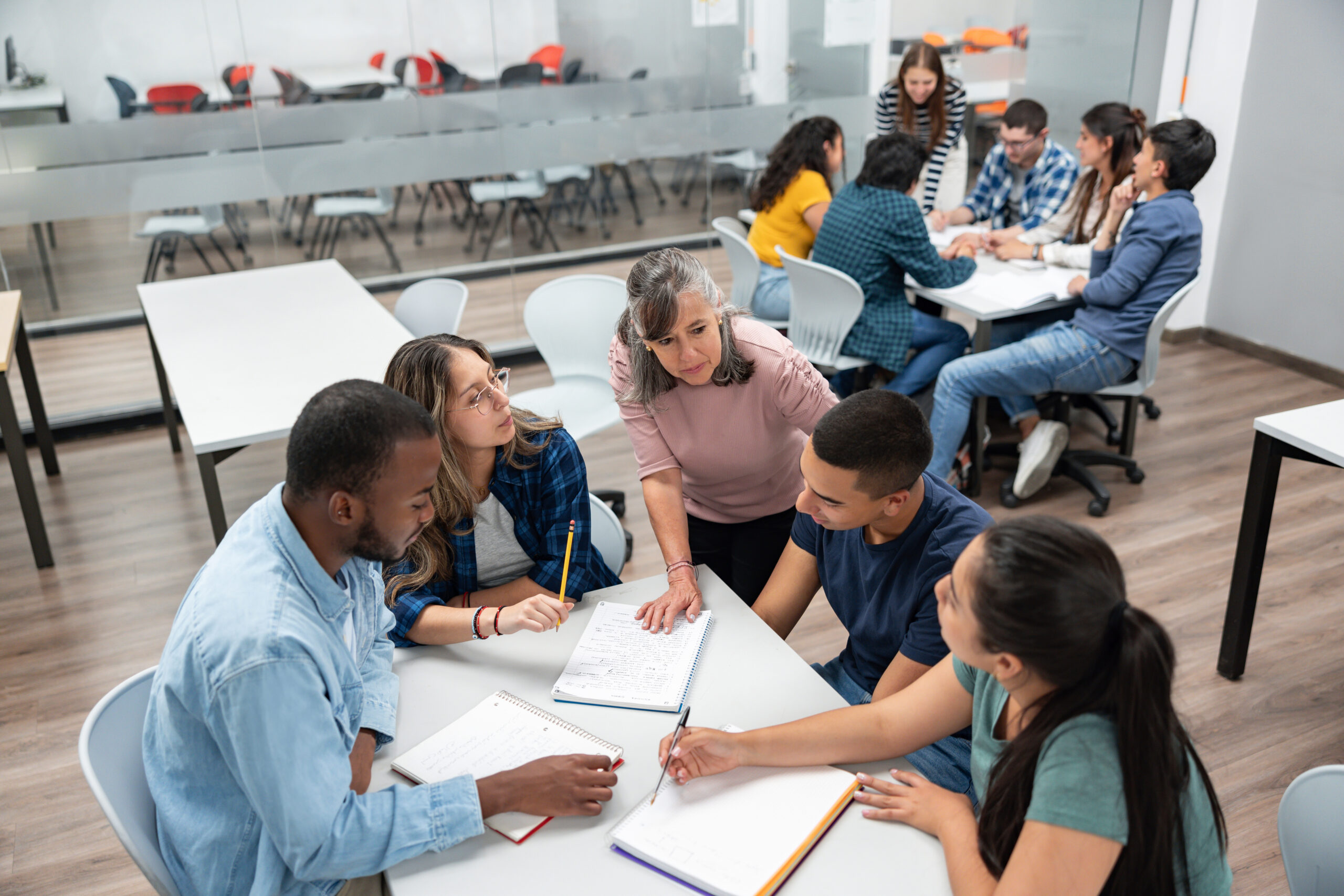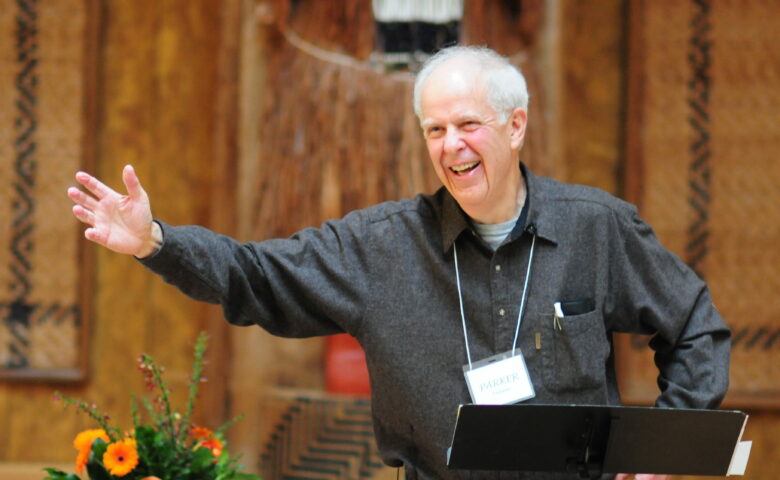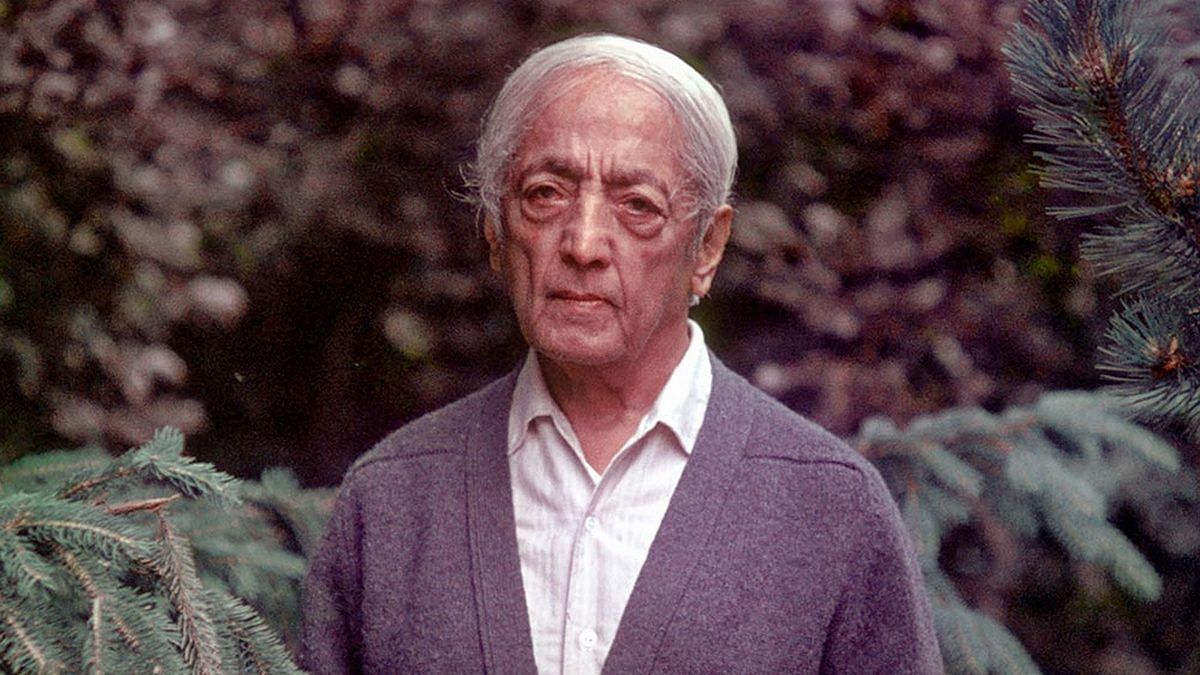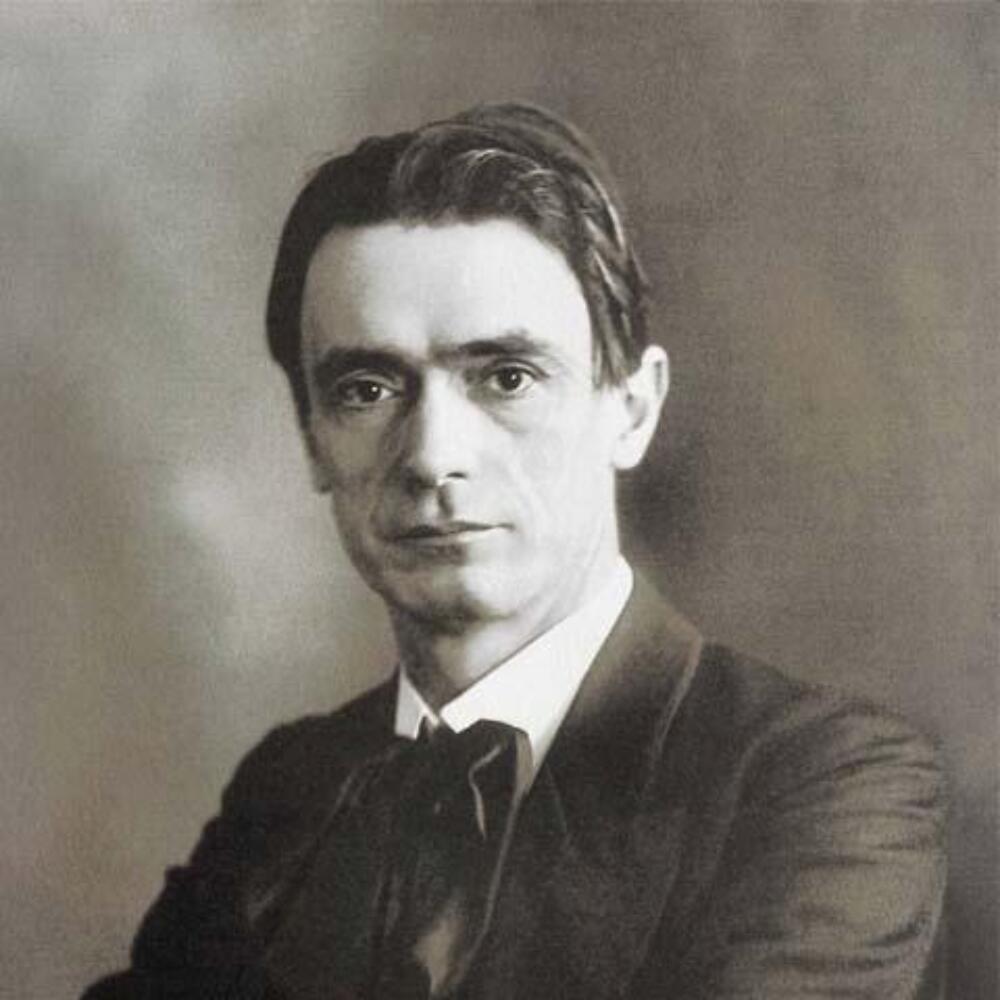Learning as Transformation, Not Accumulation: A New Paradigm for Education
Sara Srifi
Thu Oct 30 2025

Explore how learning transforms us beyond mere information accumulation. Discover insights from Parker Palmer, Krishnamurti, and Steiner on meaningful education.
In an age where information is abundant and artificial intelligence tools are revolutionizing how we access knowledge, we must ask ourselves a fundamental question: What does it truly mean to learn? Is learning merely the accumulation of facts and skills, or is it something far more profound, a transformation of our very being?
This question has been at the heart of educational philosophy for centuries, explored by visionary thinkers like Parker Palmer, Jiddu Krishnamurti, and Rudolf Steiner. Their insights offer a compelling alternative to conventional approaches to education, one that emphasizes inner growth, self-discovery, and the cultivation of wisdom rather than the mere collection of information.
The Crisis of Accumulative Learning

Modern education systems often operate on what we might call the "banking model" of learning, a term coined by Paulo Freire to describe the practice of treating students as empty vessels to be filled with knowledge. In this paradigm, learning success is measured by how much information one can retain and regurgitate on standardized tests.
Yet this approach fails to address the deeper dimensions of human development. We can memorize dates, formulas, and theories without ever being fundamentally changed by them. We can accumulate credentials and certificates while remaining disconnected from ourselves, others, and the world around us.
The consequences of this accumulative approach are visible in our society: highly educated individuals who lack emotional intelligence, professionals who excel in their technical fields but struggle with ethical decision-making, and a general sense of disconnection despite unprecedented access to information.
Parker Palmer: Learning from Within

Parker Palmer, an acclaimed educator and author of "The Courage to Teach," emphasizes that true education must engage the inner landscape of both teacher and student. For Palmer, learning is not about mastering external content but about discovering truth through authentic relationship, with ourselves, with others, and with the subject matter itself.
Palmer writes about teaching and learning as acts of vulnerability and courage. He argues that we cannot truly know something until we allow ourselves to be known by it, to be changed by our encounter with new ideas and perspectives. This requires creating spaces where students feel safe enough to bring their whole selves to the learning process, including their doubts, fears, and personal experiences.
In Palmer's vision, transformation happens when we move beyond the objective, detached stance of traditional education and instead enter into genuine dialogue with what we're studying. The teacher's role shifts from information delivery to creating conditions where authentic learning, and transformation, can occur.
Krishnamurti: Freedom from Conditioning

Jiddu Krishnamurti, the philosopher and spiritual teacher, offered perhaps the most radical critique of conventional education. For Krishnamurti, most of what we call "learning" is actually conditioning, the process by which society inscribes its values, prejudices, and patterns of thought onto young minds.
True learning, in Krishnamurti's view, requires freedom from this conditioning. It is not about becoming more knowledgeable or skilled, but about developing the capacity to observe ourselves and reality directly, without the filters of accumulated beliefs and assumptions.
Krishnamurti distinguished between "knowledge," which belongs to the past and can be accumulated, and "learning," which is an active, present-moment activity of discovery. While knowledge has its practical uses, it becomes a barrier to transformation when we mistake it for wisdom or truth.
According to Krishnamurti, transformation occurs through self-awareness, the honest observation of our own thoughts, emotions, and reactions without judgment or the desire to change them. This kind of learning cannot be taught in the conventional sense; it can only be awakened through inquiry and attention.
Education, therefore, should not primarily aim to fill students with information or prepare them for careers, but to help them become fully alive, aware human beings capable of responding intelligently to life's challenges.
Rudolf Steiner: Education as Soul Development

Rudolf Steiner, the founder of Waldorf education, approached learning as a developmental process intimately connected with the evolution of the human soul and spirit. For Steiner, education must address the whole human being, body, soul, and spirit, and recognize that different capacities unfold at different stages of development.
Steiner's educational philosophy emphasizes that learning should engage not just the intellect but also the will and the feelings. Artistic activities, movement, and practical skills are not mere supplements to "real" learning but essential pathways through which transformation occurs.
In the Steiner approach, education is understood as a deeply moral endeavor. It's not enough to know things; we must cultivate our capacity for wonder, reverence, empathy, and moral imagination. The goal is not to produce successful technicians or consumers but free individuals capable of contributing meaningfully to society and continuing their own self-development throughout life.
Steiner believed that true learning transforms our relationship with the world. As we develop our capacities, whether through studying mathematics, practicing music, or engaging with literature, we're not just acquiring skills but developing organs of perception that allow us to experience reality more fully and deeply.
Transformation in the Digital Age: The Role of AI in Learning

As platforms like Wisdomia.ai leverage artificial intelligence to personalize and enhance educational experiences, these philosophical questions become increasingly urgent. How can technology support transformative learning rather than merely accelerating the accumulation of information?
The answer lies in understanding AI as a tool that, when used wisely, can create conditions for transformation:
- Freeing Time for Reflection: By handling routine aspects of learning, providing instant feedback, organizing information, adapting content to individual needs, AI can free up time and mental space for the deeper reflection and integration that transformation requires.
- Personalized Pathways: Rather than forcing all students through the same predetermined curriculum, AI can support individualized learning journeys that honor each person's unique developmental needs and questions, much as Steiner advocated.
- Dialogue and Inquiry: Advanced AI can engage students in Socratic dialogue, asking probing questions that encourage self-discovery rather than simply delivering answers, echoing Krishnamurti's emphasis on inquiry.
- Connection to Purpose: By helping students explore how knowledge connects to their lives, values, and aspirations, AI platforms can support the kind of meaningful engagement that Palmer describes.
However, technology alone cannot create transformation. That requires intention, presence, and the willingness to be changed by what we learn, qualities that must be cultivated in human hearts and minds.
Principles for Transformative Learning
Drawing on these thinkers, we can identify several principles that distinguish transformative learning from mere accumulation:
1. Integration Over Information: Transformative learning emphasizes integrating knowledge with experience, allowing new understanding to reshape how we see and act in the world.
2. Questions Over Answers: The focus shifts from finding correct answers to living with important questions, developing our capacity for inquiry and wonder.
3. Presence Over Performance: Rather than constantly evaluating and measuring, transformative education creates space for full presence and genuine engagement with material.
4. Wholeness Over Fragmentation: Learning addresses the whole person, intellect, emotion, body, and spirit, rather than treating students as disembodied minds.
5. Self-Knowledge Over External Achievement: The ultimate aim is knowing oneself more deeply, not accumulating credentials or outperforming others.
6. Relationship Over Mastery: We learn by entering into relationship with subjects, teachers, and fellow learners, allowing ourselves to be affected by these encounters.
Practical Applications in Modern Education
How might these principles transform our educational practices?
- Reflective Practices: Regular journaling, meditation, or contemplative exercises help students integrate their learning and develop self-awareness.
- Project-Based Learning: Engaging with real-world challenges allows students to experience how knowledge transforms their capacity to understand and impact their environment.
- Interdisciplinary Study: Breaking down artificial boundaries between subjects helps students see connections and develop holistic understanding.
- Community and Dialogue: Creating classroom communities where authentic dialogue occurs allows both teachers and students to be transformed by their shared inquiry.
- Connection to Biography: Helping students connect learning to their own life stories and questions makes education personally meaningful and transformative.
- Artistic and Creative Engagement: Engaging imagination and creativity alongside analytical thinking develops capacities that cannot emerge through purely intellectual study.
The Promise of Transformative Learning
When learning becomes transformation rather than accumulation, education fulfills its highest purpose: not merely preparing people for jobs or economic productivity, but supporting the development of whole, aware, compassionate human beings capable of facing life's challenges with wisdom and creativity.
In this vision, platforms like Wisdomia.ai can serve as partners in learning, not replacing human teachers or authentic inquiry, but augmenting our capacity to engage deeply with knowledge and ourselves. The technology becomes a means of liberation rather than just efficiency, creating space for the kind of learning that genuinely transforms who we are.
The insights of Palmer, Krishnamurti, and Steiner remind us that education at its best is not about filling minds but about awakening them, not about accumulating facts but about cultivating wisdom. As we navigate an increasingly complex world with unprecedented access to information, this distinction has never been more important.
True learning changes us. It opens our eyes to new possibilities, deepens our understanding of ourselves and others, and develops our capacity to live with greater awareness, creativity, and purpose. This is the promise of transformative education, and it's a promise worth pursuing, regardless of the tools we use to support it.
previous
Elder Voices of the Millennium: Shirin Neshat
next
Listening to Trees: The Art of Ecological Perception
Share this

Sara Srifi
Sara is a Software Engineering and Business student with a passion for astronomy, cultural studies, and human-centered storytelling. She explores the quiet intersections between science, identity, and imagination, reflecting on how space, art, and society shape the way we understand ourselves and the world around us. Her writing draws on curiosity and lived experience to bridge disciplines and spark dialogue across cultures.










